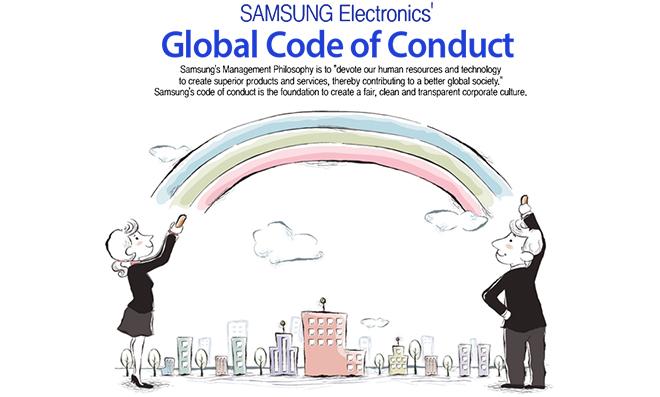A U.S. district court on Wednesday ordered Samsung will not be sanctioned for the disclosure of confidential Apple-Nokia patent licensing, and will instead place blame on the Korean tech giant's counsel Quinn Emmanuel.
The U.S. District Court for the Northern District of California ruled in favor of an Apple order to grant sanctions over the inadvertently leaked information, but did not go so far as to ding Samsung for the infraction. Samsung's law firm in both Apple v. Samsung trials, Quinn Emmanuel, will instead be sanctioned.
In his usual "man of the people" delivery, U.S. Magistrate Judge Paul S. Grewal wrote in the order that the dissemination of confidential information was inadvertent; a simple error in redaction.
"A junior associate missing one redaction among many in an expert report is not exactly a
historical event in the annals of big-ticket patent litigation," wrote Judge Paul S. Grewal. "Even if regrettable, these things can happen, and almost certainly do happen each and every day. But when such an inadvertent mistake is permitted to go unchecked, unaddressed, and propagated hundreds and hundreds of times by conscious - and indeed strategic - choices by that associate's firm and client alike, more significant and blameworthy flaws are revealed."
As noted by FOSS Patents' Florian Mueller, Judge Grewal Judge Grewal previously advocated for sanctions of some kind, suggesting Samsung itself should be responsible at least in part. However, upon further fact finding, it was concluded that evidence of misuse on the part of Samsung was "circumstantial," meaning the company is not considered a perpetrator.
In October 2013, a court order revealed Samsung's licensing executives got their hands on non-redacted documents containing sensitive information regarding stipulations of Apple and Nokia licensing deals. The papers, prepared by Dr. David J. Teece for Quinn Emmanuel, were meant solely for use in litigation by outside counsel, but were accidentally sent to high-ranking Samsung IP executives and other internal personnel.
Along with the sanctions, Judge Grewal ordered all copies of the Teece report containing confidential information to be permanently removed from Samsung control within two weeks.
To avoid future failings in redaction policy, counsel for both companies must send redacted versions of documents to each other's counsel before filing or distributing externally. The practice is applicable to the parties' two ongoing California cases.
 Mikey Campbell
Mikey Campbell







-m.jpg)






 Malcolm Owen
Malcolm Owen
 Marko Zivkovic
Marko Zivkovic
 Christine McKee
Christine McKee
 Andrew Orr
Andrew Orr
 Andrew O'Hara
Andrew O'Hara
 William Gallagher
William Gallagher

 Mike Wuerthele
Mike Wuerthele




-m.jpg)



24 Comments
A travesty of justice. Samsung can't "unsee" that material any more than a bell can be "unrung". The fact that Samsung executives made wide use of the information disclosed in licensing negotiations should have been sufficient cause for action.
Right now those convicts at Samsung headquarters are patting each other on the back and congratulation each other for getting away with it.
These judges are making a mockery of our system and Samsung is playing them.
I think you misspelt that 2nd to last word...should have been "paying them".
So, what he's saying is that stealing is bad and you get to pay costs but no penalty if you're caught, but handling stolen goods is completely OK. Great legal brain. Great system.
The United States is a nation of laws: badly written and randomly enforced. Frank Zappa